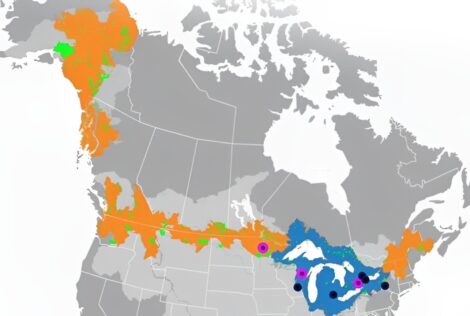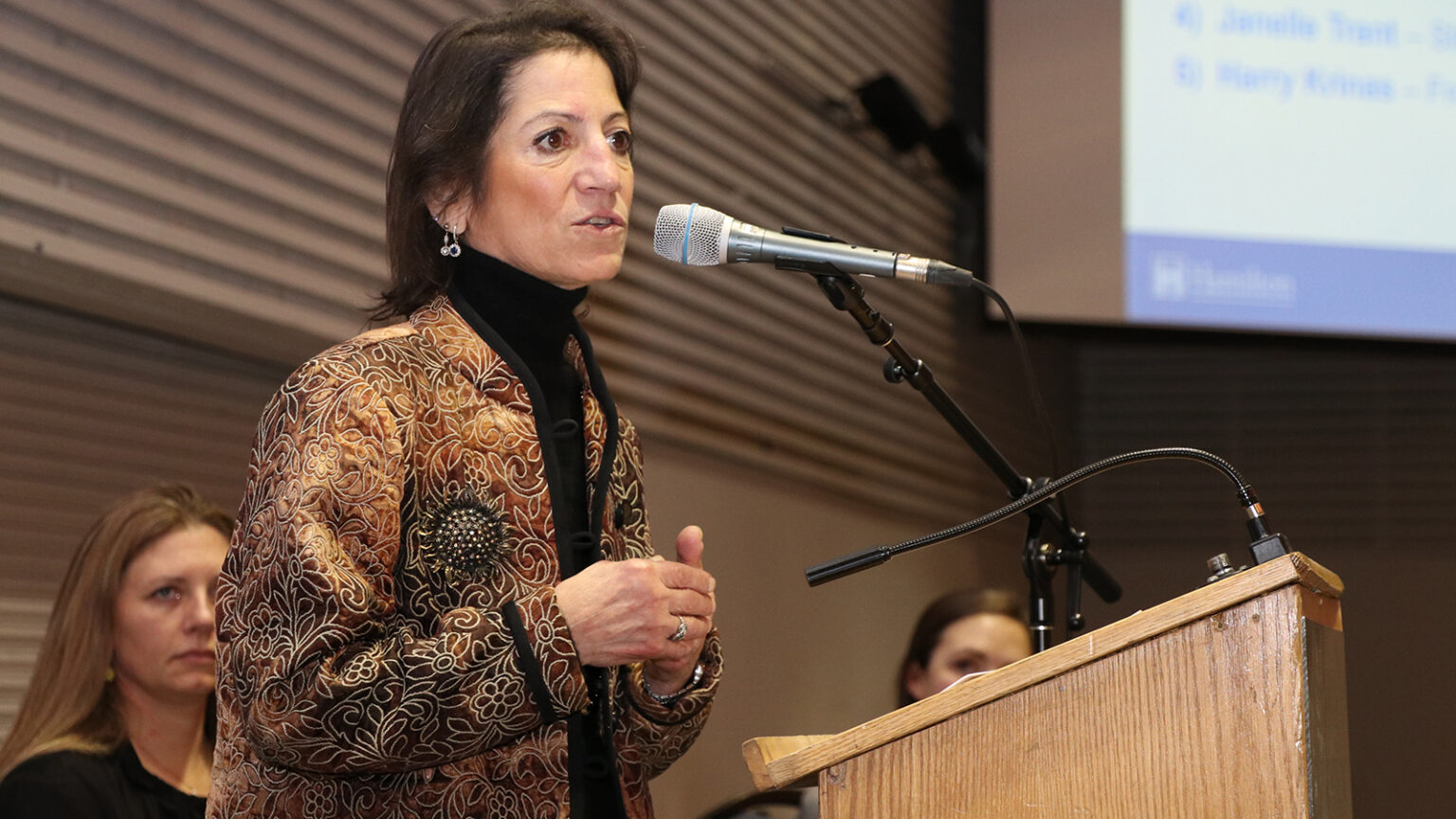

As climate change continues to impact livelihood and drive populations to seek better opportunities, a new research project is exploring the challenges faced by climate migrants and host communities in key urban areas.
Gail Krantzberg, Professor and Program Lead for the Master of Engineering and Public Policy program in the W Booth School of Engineering Practice and Technology in the Faculty of Engineering at McMaster University, will be leading the project.
Krantzberg and her colleagues on the Climate Adaptation and Resilience Strategies (CLARS) team recently received $1.5-million in funding from the New Frontiers in Research Fund through the 2023 International Joint Initiative for Research in Climate Change Adaptation and Mitigation competition to support their work.
The CLARS team is primarily focused on the socio-economic vulnerabilities among urban migrants in the Lake Victoria Basin and Great Lakes Region. The Lake Victoria basin in East Africa is experiencing heightened migration, and it’s anticipated for this to occur in the Great Lakes Region in future. Novel in this research is that investigators will learn of the opportunities and threats currently existing in the Lake Victoria region and apply the findings to plan for climate-induced migration in the Laurentian Great Lakes.
At the same time, some adaptative responses in the Great Lakes will be shared with cities in East Africa. Cities in Africa being studied include Kampala, Uganda, Mwanza, Tanzania and Eldoret, Kenya. In North America, the focus will be on Detroit, Michigan and Hamilton, Ontario.
The project aims to develop adaptation strategies through collaborative efforts with local stakeholders to address socioeconomic vulnerabilities and enhance resilience among vulnerable populations.
By harnessing mixed-method, interdisciplinary approaches, we seek to generate locally relevant data and knowledge to inform policy recommendations and climate adaptation strategies.
Key components of the project include evaluating policy responses to climate change, predicting urban migration patterns, developing inclusive adaptation strategies, protecting ecosystem quality, and promoting knowledge exchange. “The goal is to create policies and practices that improve the well-being of both migrants and host communities in the face of climate challenges,” she says.
Partners in the project are Deutsche Forschungsgemeinschaft (DFG) —Germany (EUR), National Science Foundation (NSF)—United States (USD), UK Research and Innovation (UKRI)—United Kingdom (GBP) and scholars from East Africa.
Outputs from the project will include a range of scholarly materials, databases, policy briefs, and training sessions to advance climate resilience efforts not only in the project regions but also globally.
The work of Gail and her team on human mobility will sharpen the focus on realities of migration precipitated by climate change and the reverberating impacts on communities. Her expertise will lead advancements in better understanding this aspect of climate change.
Krantzberg is an established researcher on the effects of climate change on the Great Lakes. She’s also the co-lead of the Global Centre for Understanding Climate Change Impacts on Transboundary Waters.


